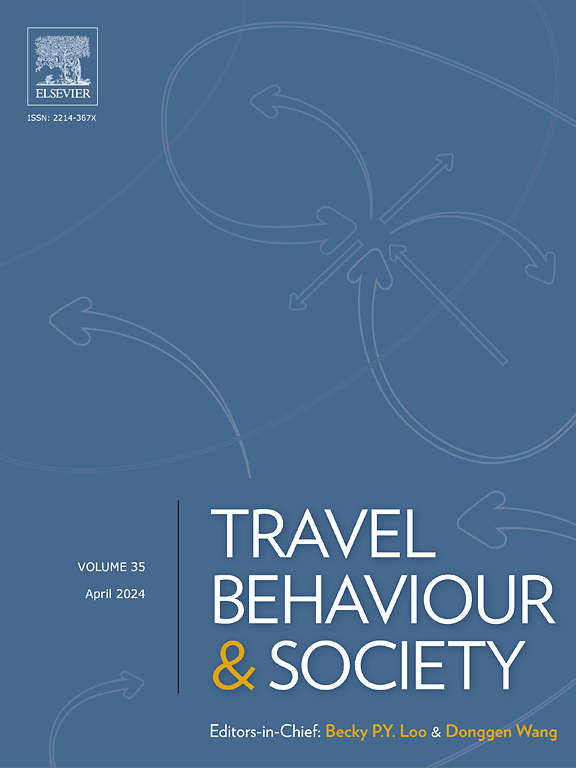Machine learning approach for analyzing feature importance in alternative fuel vehicle selection
IF 5.1
2区 工程技术
Q1 TRANSPORTATION
引用次数: 0
Abstract
This study investigates the differences in the importance of various factors influencing vehicle preferences by fuel type. We analyzed four major fuel types: gasoline, diesel, electric, and hydrogen, aiming to enhance the effectiveness of zero-emission vehicle policies. Using Shapley additive explanations with an XGBoost classifier, we evaluated feature importance using conjoint survey data, considering vehicle attributes and owner characteristics, such as current vehicle usage. This approach not only identifies the most impactful criteria for more precise policy segmentation but also addresses the limitations of traditional methods that struggle to reveal differences in factor significance across fuel types. The results show that consumers choosing electric vehicles prioritize recharging infrastructure availability and economic factors, such as vehicle price and household income. By contrast, hydrogen vehicle selection is heavily influenced by the availability of hydrogen refueling infrastructure and demographic factors, such as age. Additionally, partial dependence plots illustrate the influence of recharging or refueling convenience on preferences, providing insights for strategic investments in zero-emission infrastructure. This study provides valuable insights for policymakers and infrastructure planners seeking to promote the adoption of zero-emission vehicles by demonstrating the variation in factor importance across fuel types.
替代燃料车辆选择中特征重要性分析的机器学习方法
本研究探讨影响车辆偏好的各种因素在燃油类型上的重要性差异。我们分析了四种主要的燃料类型:汽油、柴油、电力和氢,旨在提高零排放汽车政策的有效性。使用Shapley加性解释和XGBoost分类器,我们使用联合调查数据评估特征的重要性,考虑车辆属性和车主特征,如当前车辆使用情况。这种方法不仅为更精确的政策细分确定了最具影响力的标准,而且还解决了传统方法的局限性,即难以揭示不同燃料类型的因素重要性差异。结果表明,消费者在选择电动汽车时优先考虑充电基础设施的可用性和经济性因素,如汽车价格和家庭收入。相比之下,氢燃料汽车的选择在很大程度上受到氢燃料补给基础设施的可用性和人口因素(如年龄)的影响。此外,部分依赖图说明了充电或加油便利性对偏好的影响,为零排放基础设施的战略投资提供了见解。本研究通过展示不同燃料类型的因素重要性变化,为寻求促进零排放车辆采用的政策制定者和基础设施规划者提供了有价值的见解。
本文章由计算机程序翻译,如有差异,请以英文原文为准。
求助全文
约1分钟内获得全文
求助全文
来源期刊

Travel Behaviour and Society
TRANSPORTATION-
CiteScore
9.80
自引率
7.70%
发文量
109
期刊介绍:
Travel Behaviour and Society is an interdisciplinary journal publishing high-quality original papers which report leading edge research in theories, methodologies and applications concerning transportation issues and challenges which involve the social and spatial dimensions. In particular, it provides a discussion forum for major research in travel behaviour, transportation infrastructure, transportation and environmental issues, mobility and social sustainability, transportation geographic information systems (TGIS), transportation and quality of life, transportation data collection and analysis, etc.
 求助内容:
求助内容: 应助结果提醒方式:
应助结果提醒方式:


